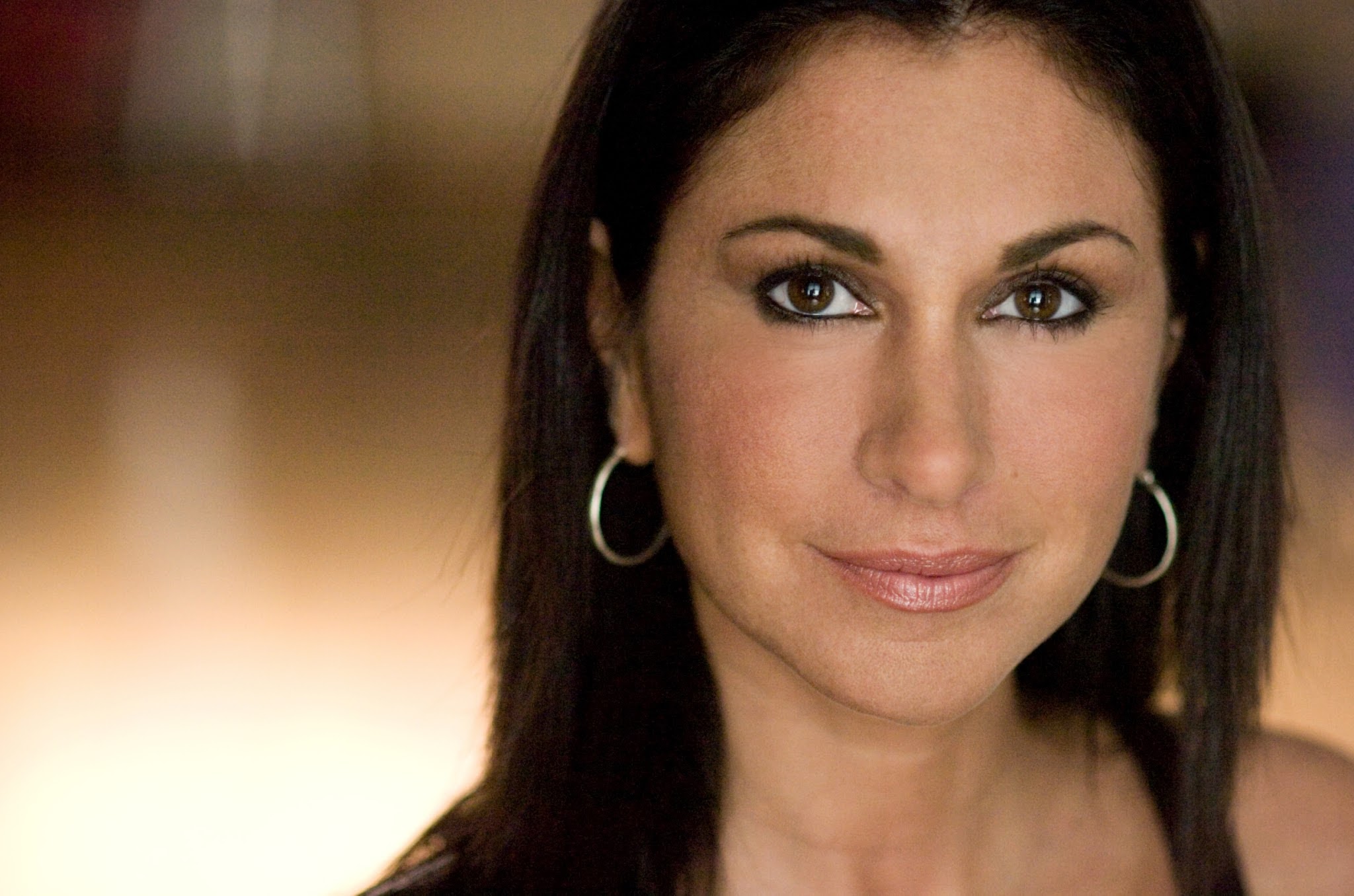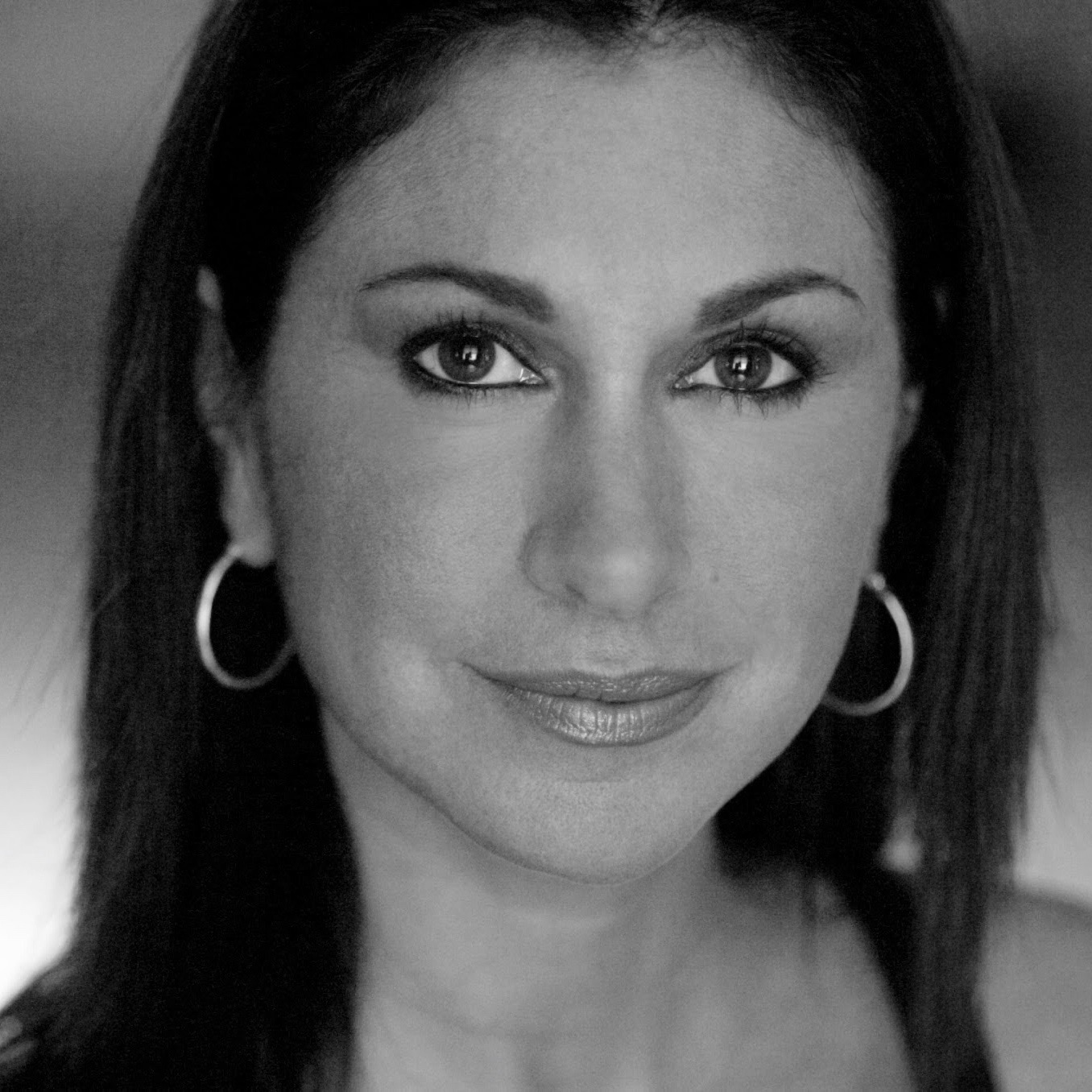
Q’s: Sensory / Emotional memory
I recently had a fairly traumatic experience, and while the human in me was experiencing it, the actor in me was strangely curious about how this would one day reflect as an emotional memory. But of course, overthinking it, I’m concerned that analyzing it might alter the whole experience and won’t allow me to use it one day in my art. So, my question is, how do I observe/use day-to-day experiences, or even more eventful experiences in a way that I will one day be able to ‘enhance’ my work in acting, and even in writing.
Agents
I’m trying to tackle the South African industry, but I feel a bit out of my familiar sphere. I don’t have the great mentors I had back in LA, and I don’t have the network I’ve already started building – through my previous acting school and connections I met through that. I’ve also been trying to partner with an agent and have put together the best ‘package’ I possibly can but can’t help getting discouraged by the lack of response. How do I approach a completely new industry with my current ‘young’ portfolio- especially in terms of acting, but even in writing and producing.
Thanks for two great questions, one on internal process and one on sharing your work! Let’s start with your question on sense memory.
In my experience, there are more misconceptions about sense memory and emotional memory, and thus method acting in general, than any other tool in the actor’s kit. When Stella Adler, Sanford Meisner and Lee Strasberg split from each other after their time together at the Group Theatre and went on to facilitate Stanislavski’s system, they each had their own strengths and interpretations. Technique is facilitated differently by different teachers based on their own ability and what they prioritize. Three teachers can be teaching the same principles, but the effect is very different. In this case, emotional memory only remained interesting to Stanislavski as you will see in An Actor Prepares, and to Lee Strasberg. There is some speculation by Adler and others as to whether Stanislavski later thought the exercise was interesting at all, but I love the exercise and find it can be truly useful. He writes about it eloquently in The Actor Prepares, so let’s just say it’s a tool that is available. It is also incredibly important that it be taught expertly.
While emotional memory is a form of sense memory, it is its own tool. Everyone, regardless of belief system, is using sense memory all the time. You are constantly smelling, seeing, feeling, tasting, hearing- using your senses as an actor. Good training teaches the actor how to concentrate on these senses in particular, and to become aware of their effect on you. Hearing a piece of music, or smelling alcohol, or tasting something bitter, or smelling a particular cologne, may create sensation in your body, put you in a certain mood, change you in some way. This heightened awareness and sensitivity is very useful to an actor. So, while we are always naturally using our senses, training in sense memory is a wonderful way to concentrate your attentions.
Emotional memory is when you recreate an emotional experience from the past. This can also be a useful tool, particularly if you have an intense scene to play. Your job as an actor is to be able to identify with each of the given circumstances of the role enough that you can inhabit the role. You must find personal associations for each given circumstance and relationship in the script at the beginning of your preparation. If there is an extreme circumstance that you haven’t experienced personally, but you have experienced something that might take you into the relevant emotional territory, an emotional memory exercise can be very useful. It can allow you to experience the level of emotion that you would go through in a parallel circumstance, so you can fully understand the essential truth of the moment.
It’s a myth that emotional memory is somehow retraumatizing. Granted if you are playing someone who lost a loved one tragically, for example, and you have just lost a loved one, that may not be what you want to choose to work on. There has to be some human logic applied to the way we choose our tools of prep, both by the actor and certainly by the teacher. It’s not necessary to relive trauma to be a good actor. But it is interesting to recall experiences that emotionally connect you, to help you to believe your circumstances and live them better. In this act of recall, you are lifting your emotions into creation. You are not time traveling and actually reliving something – you’re recalling something to better understand your character’s circumstances and how you would feel and behave in them. To borrow Stanislavski’s words: “ It is a kind of synthesis of memory on a large scale. It is purer, more condensed, compact, substantial, and sharper than the actual happenings.” In my estimation, the more deeply you can understand the inner life of your character, the more effectively you can live in the moment.
I think it’s wonderful that you are paying attention to your own experiences, as an artist. The most effective tool an artist has is to pay attention. And yes, some of the most painful moments of life, can be turned into art. The more you pay attention to your own life and others, the more empathy you will have, and the better chance you will have of effectively creating human lives for the stage and screen.
This takes us to part two of your question. You are working hard to train yourself to work, and while this is a lifelong process for the best actors, you are ready to put your skills to the test, now. I applaud you for putting together examples of your work and sharing them with agents and managers who can potentially help create opportunities for you. Eventually that relationship will manifest. But your work is not contingent on that relationship. Your work is contingent on the burning fire in your soul that has stories to tell. If you feel compelled to play a role, or to create a role to play, do it. That is the act of creation and if you feel that fire within, then that is what you were born to do. If you have burning questions about humanity you need answered through a story, then find a way to tell the story. Of course, we all know that agents attach once actors are already working- this is the catch 22 for actors. But the thing is, that not the reason to create work. You aren’t acting for agents, unless they are part of your audience. You are acting for the people whose lives you want to touch. You are acting because of that fire in your soul that needs to express something truthful that only you can say. So, find a way to say it. You can find plays with roles that inspire you and find ways to produce them. Do it and then do it again. You can find or write short scripts and film them on your iPhone. Do it and do it again. Keep creating and keep sharing and from your own creative, beating heart. That’s your job. Eventually, like-minded partners will jump on your moving train. But that is not your job to figure out when. Your job is to do your work’ and share it, in order to touch peoples’ lives and your own.
“It is our work that creates the market that creates our work, for the oak is in the acorn.”- Anonymous
Please send your specific questions about the art of acting to staytuned@gmail.com and Kymberly will respond to a different question each week! There are no invalid questions, as long as they pertain to your craft and life as an actor.
Kymberly Harris is an actor’s director. She specializes in character-driven stories, whether the genre is drama, comedy, thriller, or action. Her extensive experience as a method acting coach to professional actors of all ages has led actors to seek her out to direct them towards their best performances in film, television, and theatre projects.























 More news and opinions than at a Shabbat dinner, right in your inbox.
More news and opinions than at a Shabbat dinner, right in your inbox.